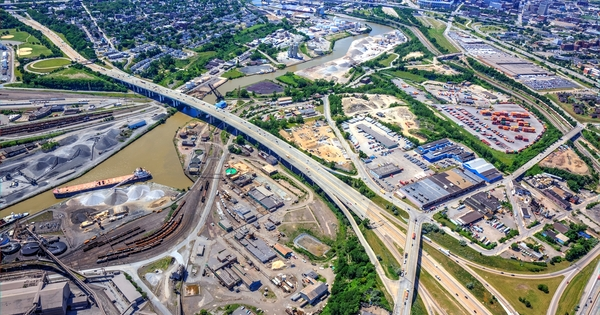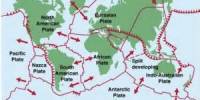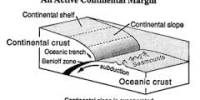Urban geography is a branch of geography that focuses on cities and urban dynamics. It investigates the geographical, social, economic, and environmental elements of urban environments, as well as their interactions. It tries to comprehend urbanization processes, city growth, and development, as well as the specific qualities and problems of urban settings.
Urban geographers and urbanists investigate many aspects of urban life and the built environment. Scholars, activists, and the general public have participated in, studied, and critiqued flows of economic and natural resources, human and non-human bodies, patterns of development and infrastructure, political and institutional activities, governance, decay and renewal, and notions of socio-spatial inclusions and exclusions, as well as everyday life.
Other fields of geography that are included in urban geography include the physical, social, and economic aspects of urban geography. The physical geography of urban environments is critical for understanding why a town is established in a given area and how environmental circumstances influence whether or not the city grows successfully. Social geography investigates socioeconomic and cultural values, diversity, and other urban-related issues.
Here are some key aspects of urban geography:
- Urbanization: It investigates the process of urbanization, which includes the expansion of cities and the movement of people from rural to urban areas. It aims to comprehend the forces that propel urbanization, such as industrialization, economic possibilities, and population expansion.
- Urban Land Use: This branch of urban geography investigates how land is used in cities. It investigates zoning restrictions, the distribution of residential, commercial, industrial, and recreational sectors, and the effects of land use patterns on urban growth.
- Urban Planning: Urban geographers are frequently active in urban planning, assisting in the creation and management of city layouts. To develop sustainable and functional urban landscapes, they evaluate aspects such as transportation systems, housing, green areas, and infrastructure.
- Urban Social Geography: This subfield explores the social dynamics of cities, including issues related to population demographics, ethnicity, social inequality, and community development. It looks at how social groups are distributed across urban areas and how they interact.
- Economic Geography: Urban areas are often economic hubs and urban geography delves into the economic activities within cities, including industries, commerce, and the impact of globalization on urban economies.
- Environmental Geography: Understanding cities’ environmental characteristics is critical for long-term urban development. Pollution, green areas, urban ecology, and how cities might ameliorate environmental difficulties are all themes studied by urban geographers.
- Cultural Geography: Cities are cultural hotspots, and this topic investigates how culture and identity are expressed and shaped in metropolitan environments. It investigates topics such as cultural diversity, heritage preservation, and the importance of arts and culture in urban life.
Urban Challenges
Urban geography also addresses the issues that cities face, such as housing affordability, crime, traffic congestion, and social inequality. Researchers in this discipline are looking for solutions and policy interventions to these problems.
Economic geography is necessary to investigate the economic and job flow within the metropolitan population. These numerous components of urban geography are required to better comprehend the layout and planning involved in the development of urban environments around the world.
Overall, urban geography is a multidisciplinary field that analyzes and understands the complex and changing character of cities and urban regions by drawing on disciplines such as geography, sociology, economics, and environmental science. It is critical in creating urban policy and planning in order to develop more sustainable and livable cities.
















